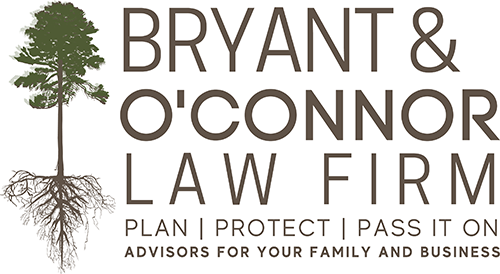Introduction:
It’s time for the fourth manipulation method in our series, which is the tactic known as ‘feigning ignorance.’ This subtle yet impactful tactic involves an individual pretending not to know or understand something to evade responsibility or gain an advantage. I am particularly annoyed by this one, and I bet you are, too. In any transaction or interaction – from personal affairs to complex legal matters – recognizing and countering this tactic can lead to a more reasonable outcome.
Understanding Feigning Ignorance:
Feigning ignorance is a manipulation tactic that can be used to avoid accountability, confuse the other party, or gain the upper hand in a negotiation. By acting uninformed or confused, a person can deflect criticism, evade responsibilities, or manipulate others into revealing more information than they intended. Someone who fakes ignorance might also wear down the other side of a negotiation into “helping them,” even though the “help” is earned under unethical pretexts.
Recognizing Feigning Ignorance:
Spotting this tactic requires careful observation and a bit of intuition. Here are some signs:
- Inconsistent Ignorance: If a person’s understanding seems to fluctuate based on their convenience, they might be feigning ignorance.
- Avoidance of Responsibility: A person feigning ignorance might use it as an excuse to evade responsibilities or obligations, particularly in legal contexts.
- Excessive Queries: Constant questions about basic information, especially in contexts where a certain level of knowledge is expected, could indicate this tactic.
Responding to Feigning Ignorance:
Once identified, here are some strategies to counteract this tactic:
- Patience and Explanation: If you suspect someone is feigning ignorance, patiently explain the topic. This can challenge them to drop the act without causing unnecessary conflict.
- Require Accountability: Especially in legal contexts, ensure all parties are accountable for their obligations, regardless of their claimed understanding. Everyone is responsible for the rules of the game. If they don’t get it, they can hire a lawyer.
- Consult a Professional: In complex legal situations, a lawyer can help ensure all parties are held to their responsibilities and prevent faked ignorance from affecting the proceedings.
Legal Context Example:
Take, for instance, a probate case where a beneficiary continually claims not to understand the terms of the will, despite clear explanations. They may be attempting to delay the distribution process or renegotiate the terms. In this scenario, a probate attorney can help clarify the terms of the will, hold the ‘confused’ beneficiary accountable, and ensure a fair and timely distribution.
Conclusion:
Feigning ignorance is a subtle manipulation technique that can profoundly impact transactions and interactions. By understanding this tactic and knowing how to respond, you can promote fairness and transparency in all your interactions. As we further explore manipulation tactics in this series, our goal is to empower you with knowledge that enhances the quality of your transactions and relationships. Stay tuned for our next post where we continue to unpack these techniques.

